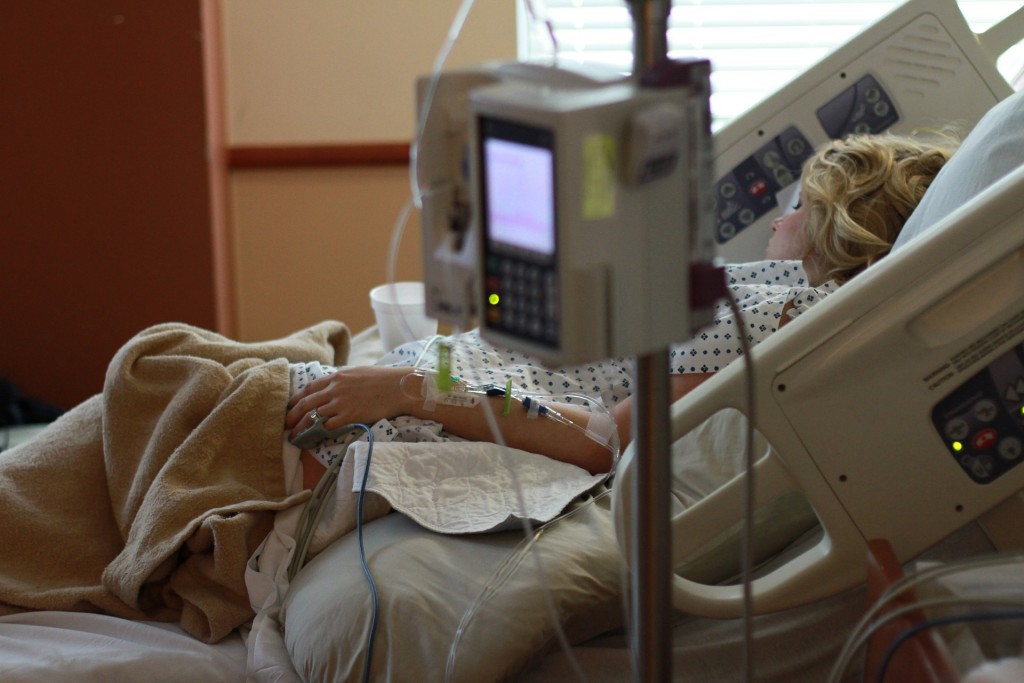Press notes 29/01/2024
A digital platform will address the problem of obstetric violence
The URV is taking part in this European project, which for four years will engage in a variety of projects to achieve systemic change in maternity care.

The URV is taking part in this European project, which for four years will engage in a variety of projects to achieve systemic change in maternity care.
Obstetric violence is defined as the disrespectful and abusive treatment of women during childbirth in health facilities. It is recognised by international organisations such as the WHO and the UN as a serious public health problem and a violation of human rights, although it is often forgotten or minimised. Now, the Universitat Rovira i Virgili is collaborating with an international research group in an attempt to use research findings to change public policies, and put the focus on women to achieve a systemic change in maternity care.
Coordinated by the University of Udine (Italy), a multidisciplinary team of researchers, health professionals and members of civil organisations met last week at the Catalunya campus to lay the foundations of the project: the design of an international digital platform that will provide an innovative tool to ensure respectful maternity and childbirth care.
“This platform, which will be constantly updated, will connect academic research with public policies and focus on the needs of women and civil society,” explains Serena Brigidi, a researcher at the URV’s Department of Anthropology, Philosophy and Social Work (DAFITS), who is participating in the project by teaching a training programme for health professionals, especially gynaecologists and obstetricians, that focuses on aspects of gender and human rights.
Over the next four years, the aim is not only to raise awareness of obstetric violence, but also to offer practical and effective solutions to bring about a systemic change in maternity care. “We want the IPOV-Respectful Care project to be an opportunity to rethink and improve obstetric practices worldwide, with an emphasis on respect, dignity and the rights of women during one of the most important moments of their lives,” says Brigidi.
To make this possible, a total of 39 professionals from 19 institutions and 9 different countries have taken part, and they will also promote research, training, dissemination and communication activities, and produce dissemination materials, awareness-raising materials, seminars and scientific publications. The initiative has been promoted within the framework of the European programme Horizon-MSCA-2022-Staff Exchange.
